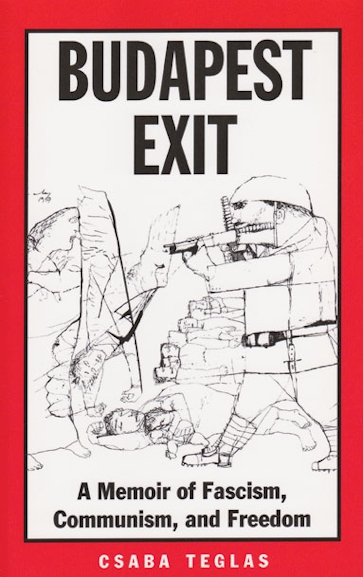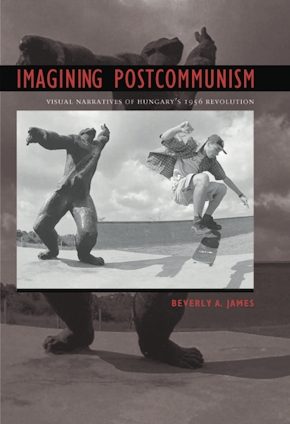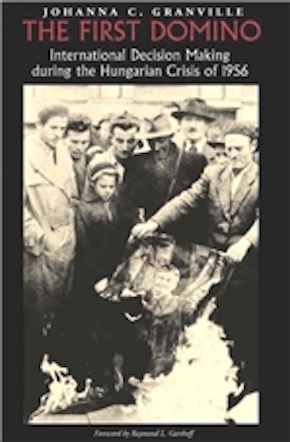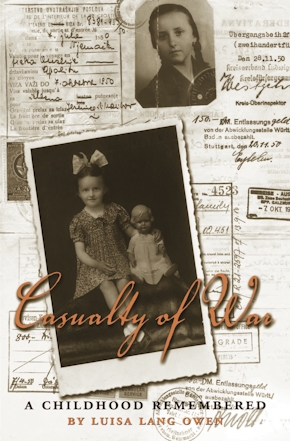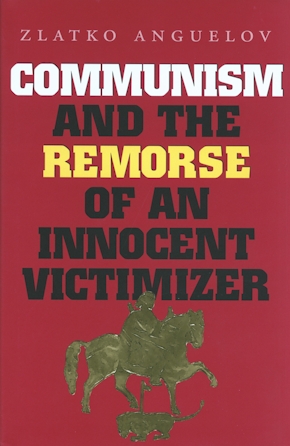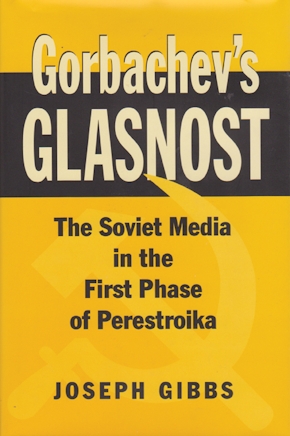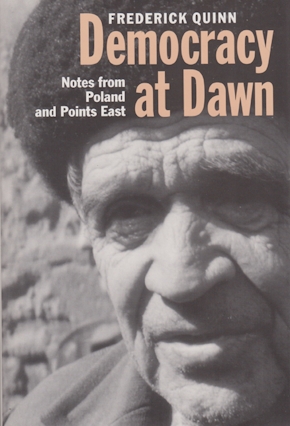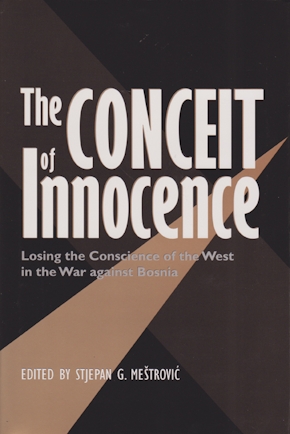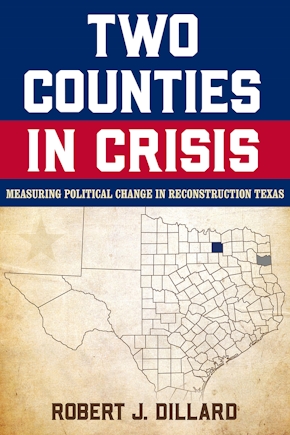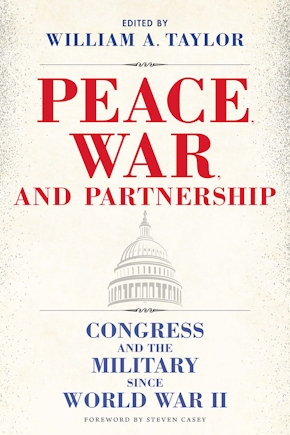When Csaba Teglas was confronted with the Nazi invasion of Hungary during World War II, the Soviet occupation following the Allied victory, and finally with the opportunity to escape the oppressive regime during the Hungarian Revolution of 1956, he responded not with fear, indecision, or submission, but with courage, ingenuity, and hope. In Budapest Exit: A Memoir of Fascism, Communism, and Freedom, Teglas begins with the story of his childhood in Hungary. During the war, the dramatic changes that took place in his country intensified with the invasion of the Nazis. The Nazis' defeat after the terrifying siege of Budapest should have led to freedom, but for Hungary it meant occupation by the Soviets, who were often little better than the fascists. A twelve-year-old friend of Teglas was forced to watch the brutal gang rape of a Jewish family member by the same Soviet soldiers who liberated her from the Nazis. Despite the difficulties of life in Budapest, Teglas met the challenge when sustenance of the family fell on his young shoulders. One of the innovative ways he earned money was to employ his playments to extract ball bearings from wrecked tanks and other military vehicles that he then sold to factories. He also sold rubber rings cut from bicycle tubes to use as canning seals. Before the communists solidified their rule, Teglas obtained admission to the Technical University of Budapest, where he earned a degree despite constant interference in the University by the communists. The following years under the Stalinist dictatorship were the harshest, and Teglas and his family and friends lived in constant fear; some were even subjected to the communist jails and torture chambers. But rather than standing idly by, Teglas protested, sometimes quietly, sometimes more vocally, against the Soviet and communist presence in Hungary. During the Hungarian Revolution of 1956, Teglas became more involved in the opposition to the communists. When it became clear that the revolutionaries were not going to succeed, he knew he had to leave Hungary to avoid retaliation for his involvement. Teglas recounts his dramatic escape through the heavily guarded Iron Curtain and his subsequent emigration to North America, where life an an immigrant presented new challenges. Teglas compares the genocide and tragedies of Nazi order in World War II and of communist rule to recent international events and ethnic cleansing in Central and Eastern Europe, including the former Yugoslavia. He also highlights the failure of the West to stop the war in Bosnia expediently and the possible far-reaching consequences of a "peace" treaty that aims to satisfy the demands of the aggressors while ignoring the rights of others in the Balkans. Even more, though, this memoir is Csaba Teglas's personal story of his youth, told from the point of view of a man with sons of his own. He found in America the freedom for which he had been searching, but he has raised his American sons to remain proud of their Hungarian heritage.
About the Author
Csaba Teglas, a native of Hungary, is a semi-retired city planning consultant. He has lived in White Plains, New York, with his Scottish-born wife, Rowena, since 1967.
